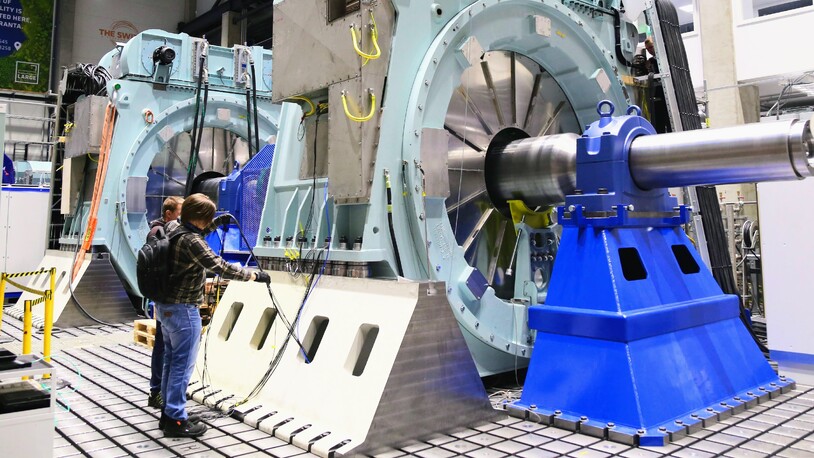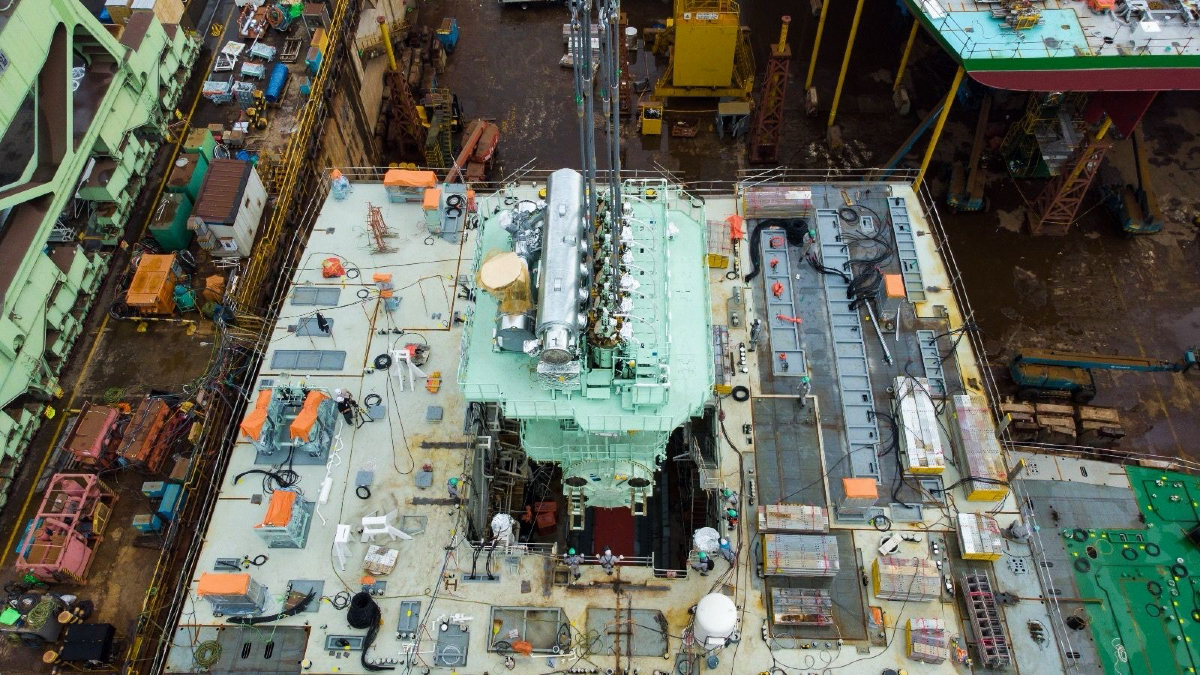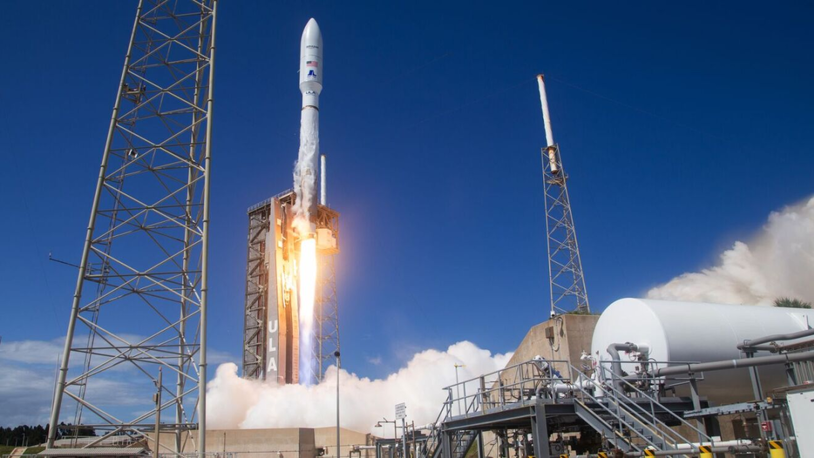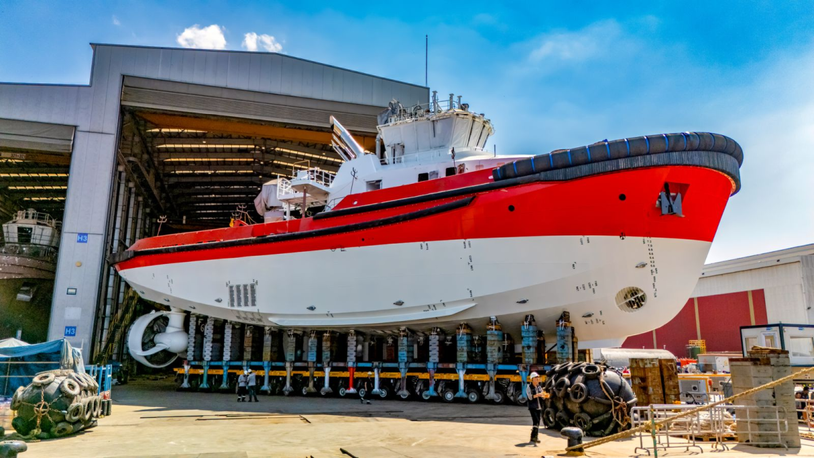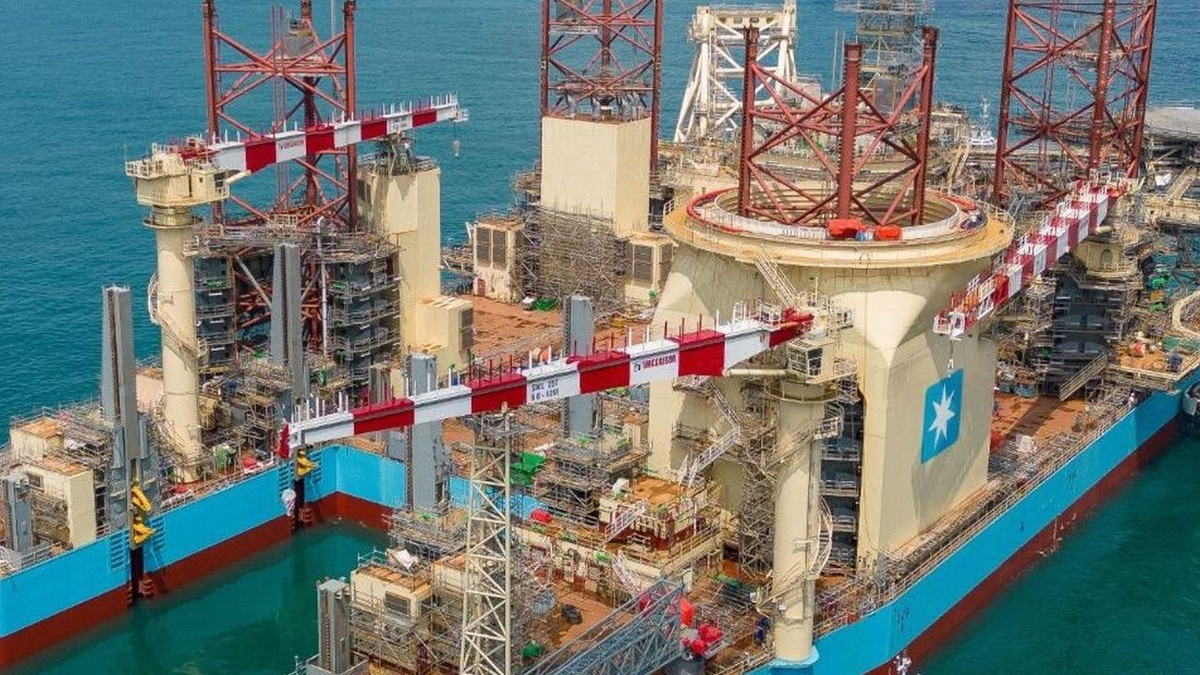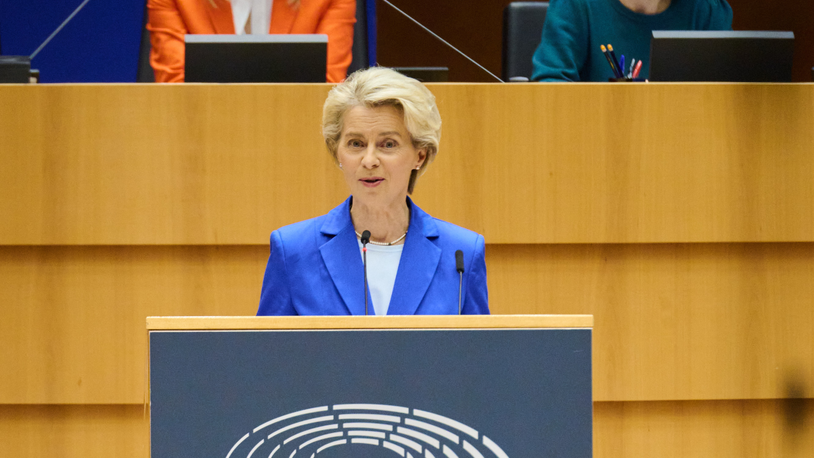Business Sectors
Events
Floating energy: successfully unlocking stranded gas using FLNGs and FSRUs
Contents
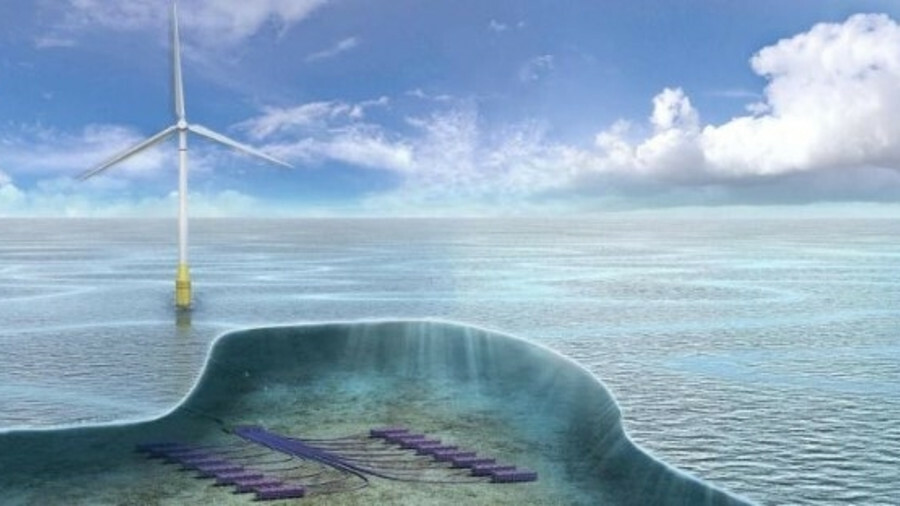
Hydrogen experts join offshore wind ‘electrolysis in the turbine’ study
A joint venture outfit with expertise in producing and distributing hydrogen is to work with a leading offshore company to study subsea storage of hydrogen produced using offshore wind.
Hyon in Norway has signed an agreement to deliver consulting services to TechnipFMC within the framework of the ‘Deep Purple’ project. The project aims to develop solutions that allow energy from offshore windfarms to be converted to hydrogen using ‘electrolysis in the turbine’ and stored on the seabed, enabling stable supply of renewable electricity to oil and gas platforms and hydrogen that could be used by other industries, such as shipping and transport.
TechnipFMC believes that, if implemented, such a solution could ‘drastically reduce’ carbon emissions on the Norwegian continental shelf. This is because offshore platforms that produce oil and gas are major contributors to greenhouse gas emissions, the primary source being gas turbines used by rigs to generate electricity.
A consortium led by TechnipFMC has been studying the possibility of using fuel cells powered by hydrogen to replace gas turbines on oil and gas platforms. Hydrogen produced by electrolysers in offshore wind turbines would be stored in tanks on the seabed and used by fuel cells, which would also be housed in the turbines, to produce electrical power for platforms.
Hyon marine technology director Arild Eiken said, “Apart from electrolysis, storage, and fuel cell technology, Hyon has competence in naval architecture and the design of hydrogen process and power facilities for floating and fixed marine structures. In co-operation with TechnipFMC, Hyon will perform engineering services related to technology qualification, development of offshore wind foundations, and subsea energy storage solutions.”
Hyon managing director Tomas Tronstad said momentum behind a range of new and ongoing hydrogen projects is growing. “In addition to powering offshore oil and gas installations, hydrogen produced via electrolysis from electricity from offshore wind can also be used for zero-emission power on board ships,” he said.
With steadily falling prices for renewable energy, Hyon believes that its hydrogen solutions are potentially attractive for long-term storage of energy throughout the energy chain. Currently, hydrogen is mainly used as a raw material in industry but is increasingly in focus as a medium for storing energy and as a fuel in the transport sector.
Hyon is a joint venture company established in 2017 and is wholly owned by Nel, Hexagon Composites and PowerCell Sweden. It operates as a hub for technology developed by the companies, including production, distribution and storage of hydrogen, filling systems and fuel cells.
Related to this Story
Events
Maritime Regulations Webinar Week
Floating energy: successfully unlocking stranded gas using FLNGs and FSRUs
© 2024 Riviera Maritime Media Ltd.

